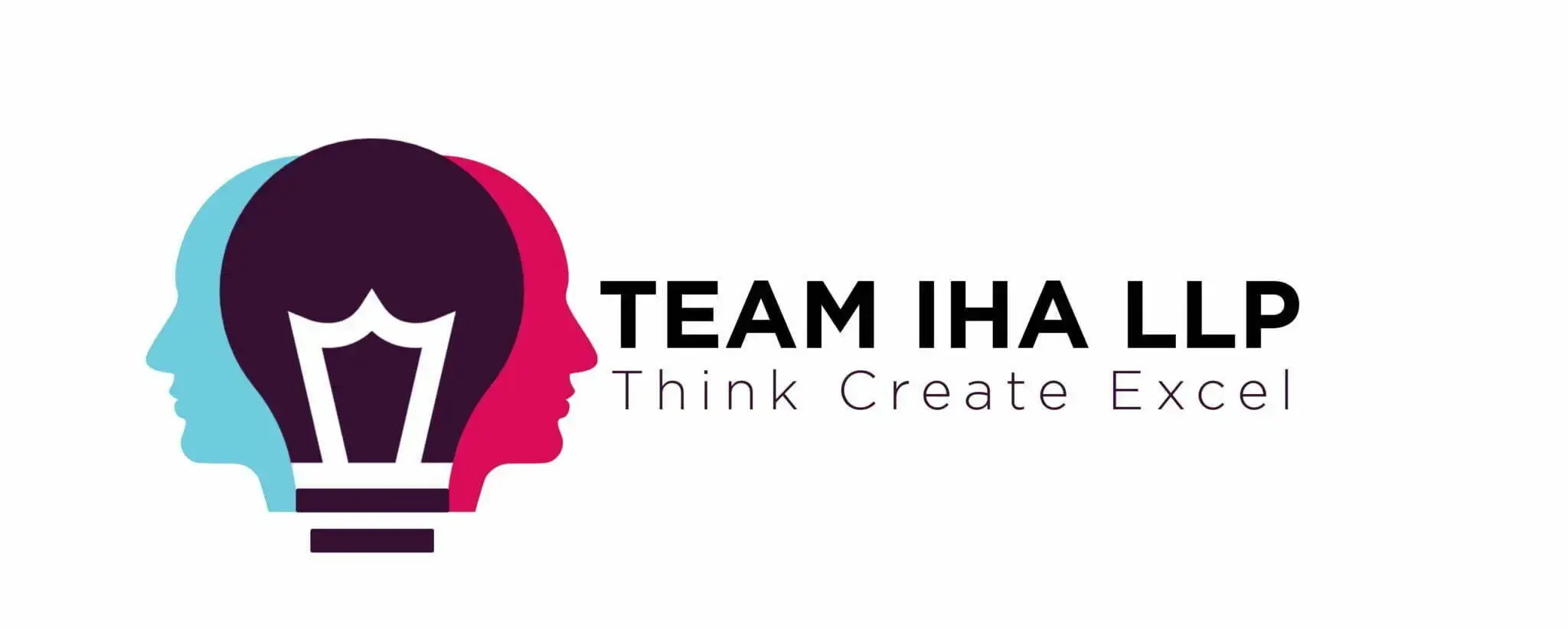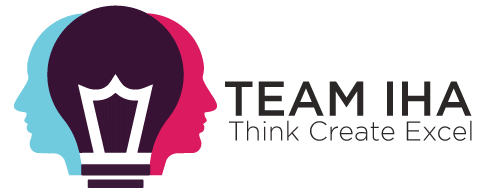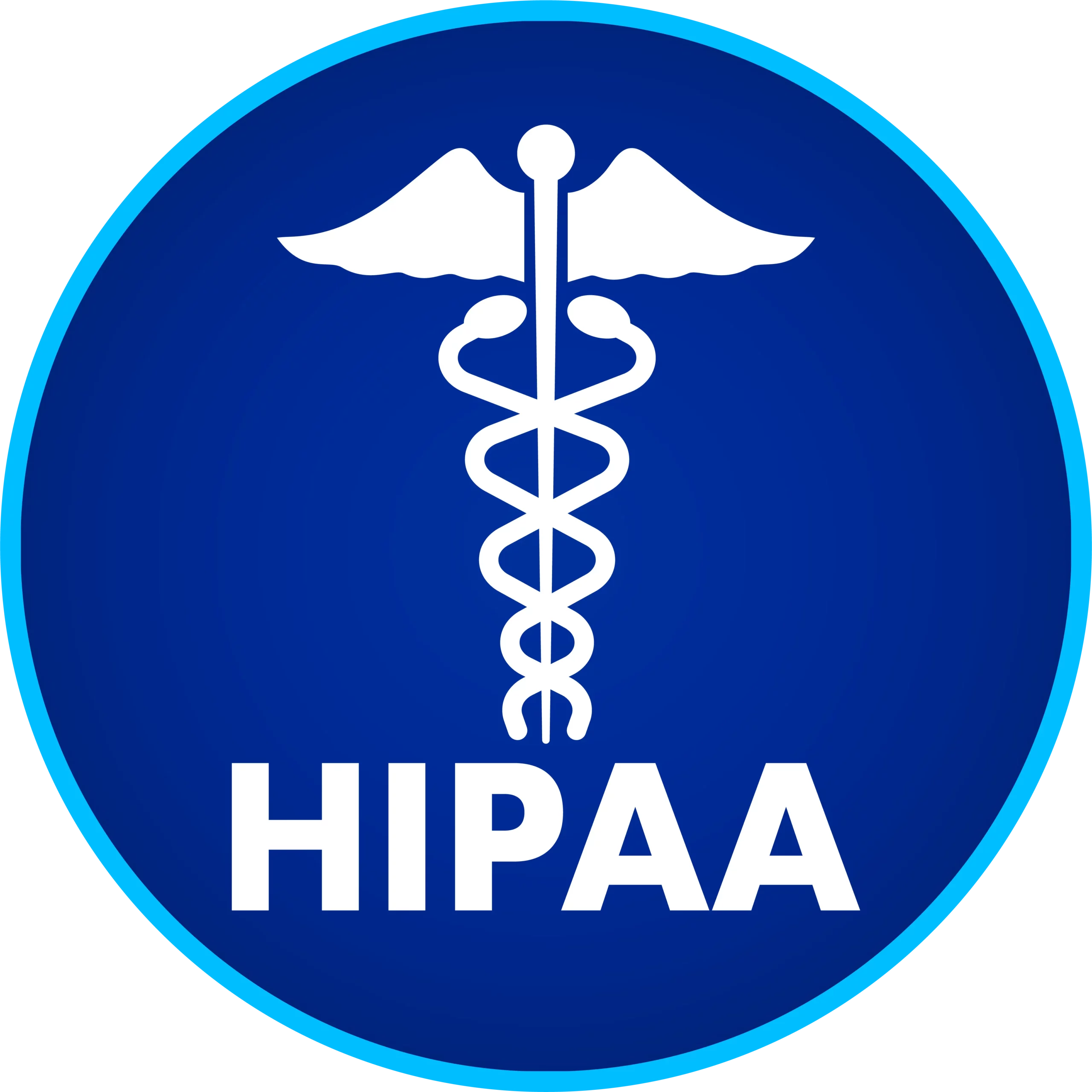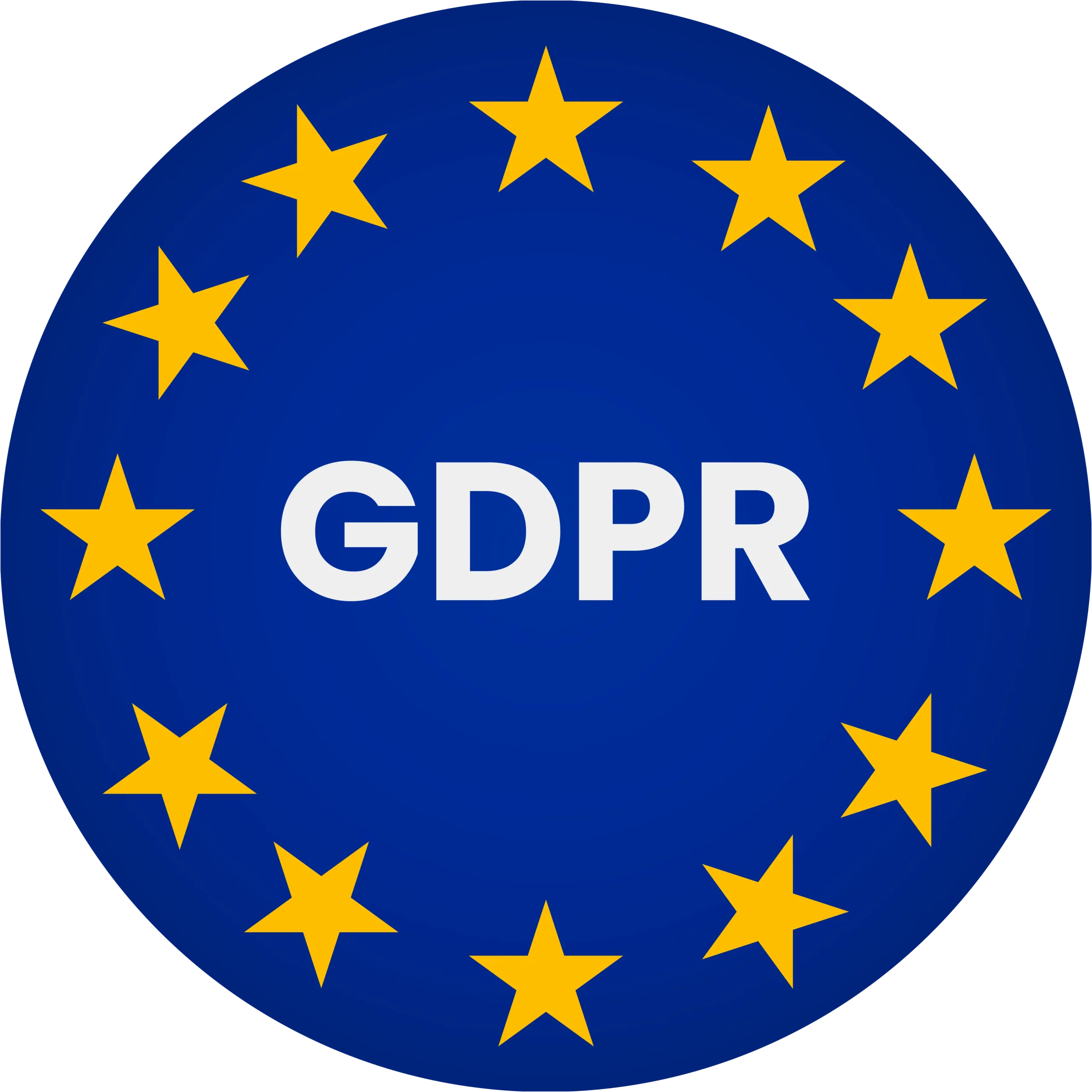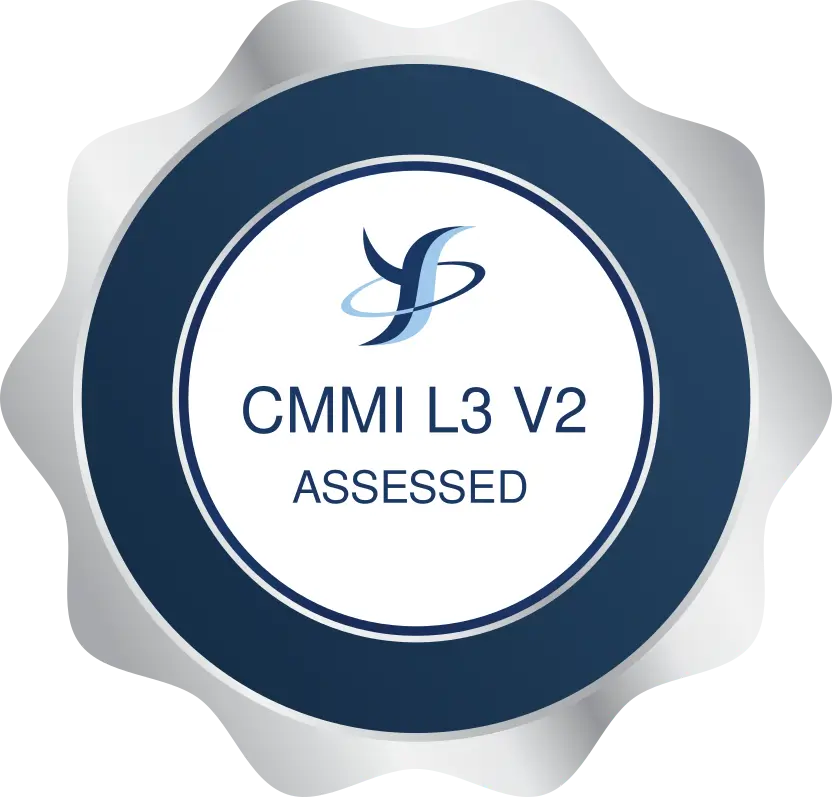Amid the social media buzz around ChatGPT-generated Ghibli-style artwork, OpenAI has updated its content moderation policies, allowing its AI model to create images depicting public figures, certain symbols, and racial features.
A Shift in OpenAI’s Content Guidelines
Previously, ChatGPT would reject user requests to generate images of public figures or symbols deemed controversial. However, OpenAI’s latest policy changes now permit ChatGPT to create and modify images of well-known personalities, including U.S. President Donald Trump and tech billionaire Elon Musk.
Explaining the company’s evolving stance, Joanne Jang, OpenAI’s head of product and model behavior, stated, “We’re shifting from blanket refusals in sensitive areas to a more precise approach focused on preventing real-world harm. The goal is to embrace humility: recognizing how much we don’t know and positioning ourselves to adapt as we learn.”
Jang emphasized that AI developers should not be the sole decision-makers on what people can and cannot create. OpenAI has also introduced an opt-out list, allowing public figures to request exclusion from ChatGPT-generated images.
More Flexibility in Image Generation
OpenAI’s revised policies also enable ChatGPT to generate certain symbols, such as swastikas, in educational or neutral contexts, provided they do not promote extremist ideologies. Additionally, the company has refined its definition of offensive content. ChatGPT will now accept user prompts related to physical features, such as modifying a person’s eyes to appear more Asian or adjusting their body size. Jang noted that previous guidelines unintentionally implied that such attributes were inherently offensive.
AI Art and Copyright Concerns
Last week, OpenAI introduced native image generation in ChatGPT via GPT-4o, leading to a viral trend where users requested Ghibli-style AI renderings of their selfies, wedding photos, and family portraits. The updated guidelines for the ‘Images with ChatGPT’ feature reportedly allow the model to generate images mimicking the aesthetics of specific artists or creative studios like Pixar and Studio Ghibli. However, this has reignited debates about AI training on copyrighted works and the fair use doctrine.
A Broader Push Toward “Uncensored” AI
OpenAI’s relaxed content moderation aligns with its wider efforts to “uncensor” ChatGPT, amid increasing debates on AI safety and free expression. With political and cultural discussions heating up, especially following Trump’s return to the White House, OpenAI appears to be prioritizing a more open approach to AI-generated content.
As AI-generated art continues to evolve, OpenAI’s new policies mark a significant shift in how AI interacts with sensitive topics, creative expression, and public figures.
